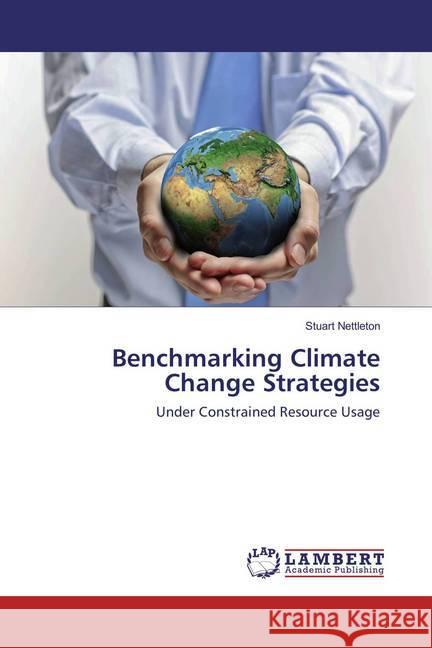Benchmarking Climate Change Strategies : Under Constrained Resource Usage » książka
Benchmarking Climate Change Strategies : Under Constrained Resource Usage
ISBN-13: 9783659848926 / Angielski / Miękka / 2016 / 700 str.
Regions and industries have the ever-present challenge of building a future where production is competitive and employment is durable. In this context, the inhibitor effects of potential climate constraints on regional industries and bilateral trade is currently a topic of major concern. This book presents the Spatial Climate Economic Policy Tool for Regional Equilibria (Sceptre), which is an intertemporal, multiregional general equilibrium model for investigating regional and industry strategies in the presence of global policies such as carbon emission constraints. A general equilibrium is settled by optimising a social welfare function within a nonlinear economic-climate feedback loop. Both the technology function for carbon abatement and amelioration and the economic-climate feedback loop have precedent in William Nordhaus' DICE model. Regionally aggregated Make and Use matrices are drawn from the Global Trade Analysis Project's Social Accounting Matrices. The application of Computable General Equilibrium modelling in evidence-based policy requires a policy making frame of reference, principles of neoclassical economics and operations research capabilities.











